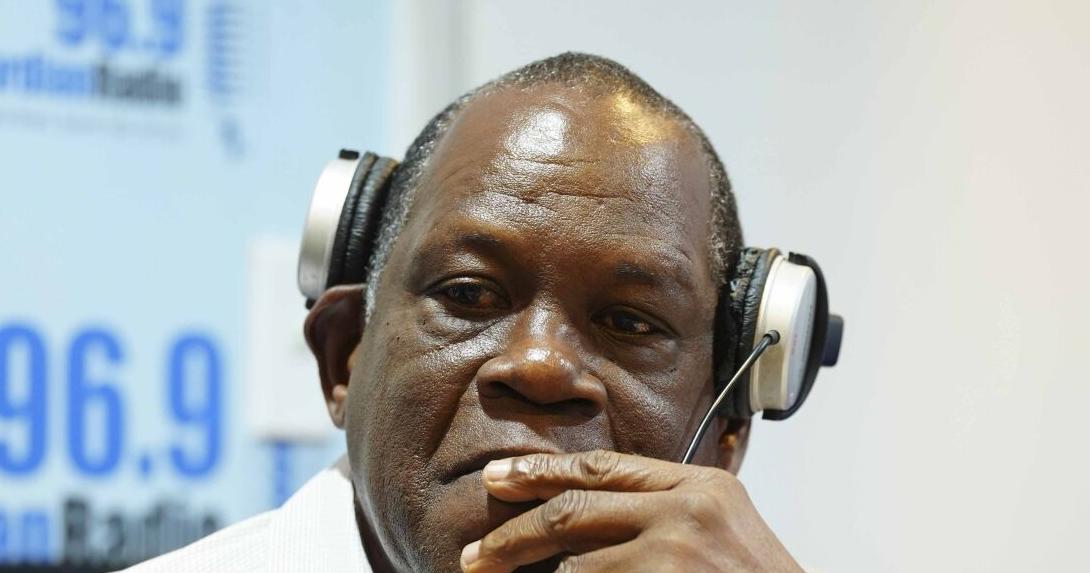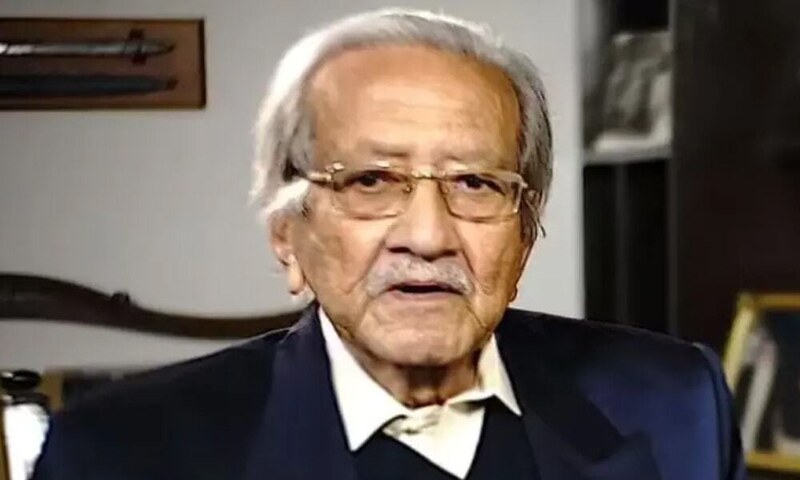Copyright thenassauguardian

Bahamas Taxi Cab Union (BTCU) President Tyrone Butler told Guardian Business yesterday that a portion of the 800 taxi plates that were recently recalled by the Ministry of Transport and Energy due to inactivity should be reallocated to the union. Butler said reallocating the plates would allow the BTCU to support the local marke. “If we were to get those plates, we would dedicate those specifically to the local market. We would bond them to be confined to a specific zone that they [taxi drivers] would work in.” Minister of Energy and Transport JoBeth Coleby-Davis told the media recently that the government wants the holders of nearly 800 taxi and livery plates that have been identified as inactive to come forward to bring their franchise plates up to date. In an ad placed in the newspapers on Tuesday, the ministry advised that 783 taxi and livery plates on Grand Bahama and New Providence have been categorized as inactive. The ministry asked any holders of the plate numbers, which were printed in the notice, to contact the controller of the Road Traffic Department by November 30 “to be advised as to how you may avoid the recall of your plate”. Butler also said: “Most of those plates were inactive in any case. A lot of the original owners of those plates have died years ago. Some of them were plates that were being leased out by family members and friends of the deceased. And so, when the government lifted the moratorium some years ago, these plates became inactive because a lot of people who were leasing got their own plates.” The government lifted the 30-year moratorium on taxi plates in 2019. In 2022, Coleby-Davis issued over 300 new plates. Reports at the time of the plate issuance said the BTCU was concerned that the new plate issuance would saturate the market and spread the taxi fare pie too thinly between the new drivers. Butler said that while market saturation is a problem, the current taxi plate recall would do very little to help alleviate the market saturation. “The plan was to give everybody their own plate, and all the leasing was supposed to stop. The government never did that. They gave people the plates, and then they still allowed a lot of plates to continue to be leased, and then over time they continued to give out more plates. So, every time they gave out plates, that meant one of those plates that was being leased, it rendered that plate useless for a while, and that’s why you have all these plates around. “But what the government should have done was just seize those plates. If persons had passed on and there was no family member who wanted the plate, they should have started issuing those plates first, so we wouldn’t be in this situation. So that’s an exercise the government should have taken a couple of years ago before they left the moratorium.” He continued: “They’ve been very hostile towards us. They’ve never shown any propensity to make life good for taxi drivers. They give out plates, and they think that’s all taxi drivers are concerned with. But then they turn around, and they allow companies like Royal Caribbean to hold up a large portion of Paradise Island to take away business from the taxi drivers.”



